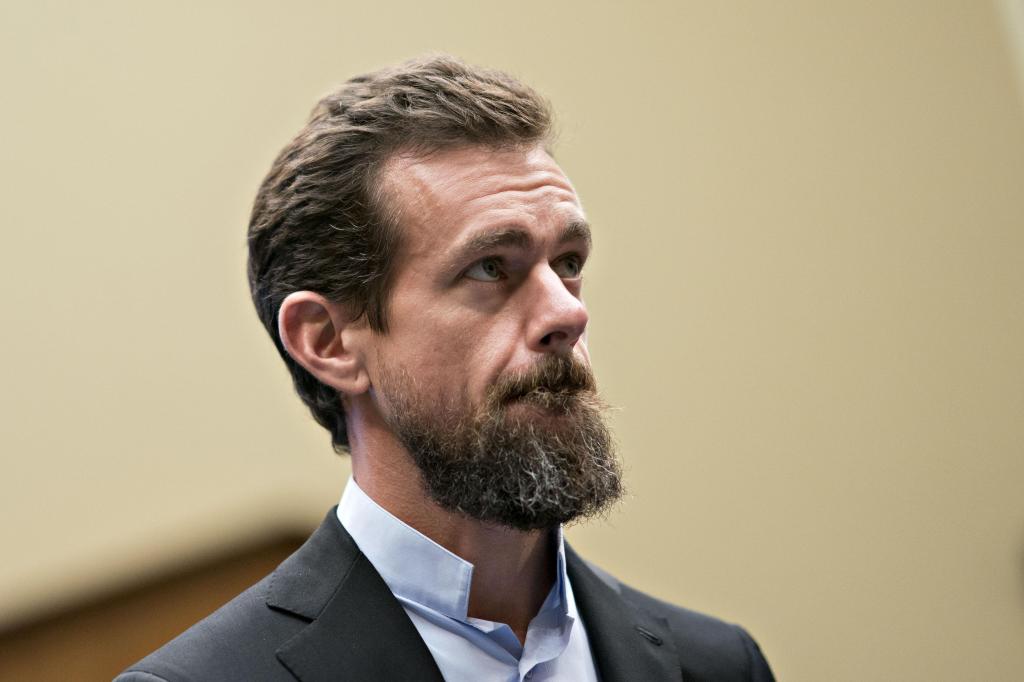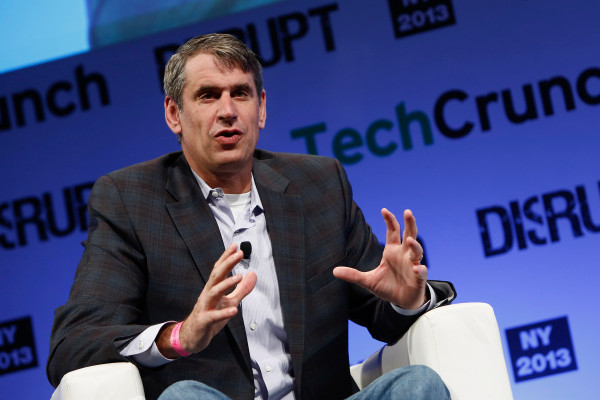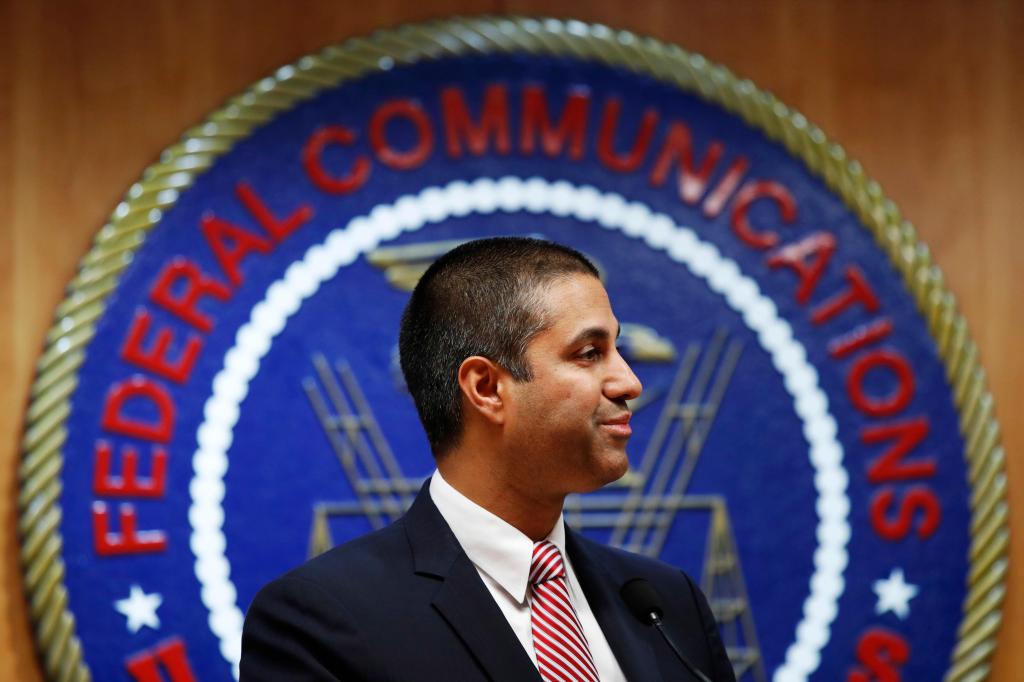By Tony Romm | Washington Post
President Donald Trump on Tuesday met privately with Twitter CEO Jack Dorsey, a huddle at the White House between one of the site’s most prolific users and an executive who’s faced criticism for the way Twitter has handled the president’s tweets.
The meeting comes as Trump continues to attack the tech industry, threatening to regulate Facebook, Google and Twitter out of concern that they censor conservatives online — allegations that those companies deny. Hours before sitting down with Dorsey, Trump had singled out Twitter for playing “political games” with his nearly 60 million follower count.
A significant portion of the meeting focused on Trump’s concerns that Twitter quietly, and deliberately, has limited or removed some of his followers, according to a person with direct knowledge of the conversation who requested anonymity because it was private. Trump said he had heard from fellow conservatives who had lost followers for unclear reasons as well.
But Twitter long has explained that follower figures fluctuate as the company takes action to remove fraudulent spam accounts. In the meeting, Dorsey stressed that point, noting that even he had lost followers as part of Twitter’s work to enforce its policies, according to the source.
Asked about the meeting, the White House did not respond to a request for comment.
In a statement, Twitter said the meeting — initiated by the president — focused on “protecting the health of the public conversation ahead of the 2020 U.S. elections and efforts underway to respond to the opioid crisis.” The White House did not respond to a request for comment.
In March, Trump accused Silicon Valley’s largest companies of harboring a “hatred” for “a certain group of people that happen to be in power, that happen to have won the election.” In doing so, Trump threatened potential regulation, telling reporters at a press conference that the government may “have to do something about it.”
Previously, Trump has joined a chorus of Republicans in claiming that Twitter secretly limits the reach of conservatives, a tactic known as “shadow banning” that Twitter has vehemently denied. And the president has accused Twitter of removing some of his followers — though Twitter long has maintained that users such as Trump experience fluctuations as the company roots out spam.
In response, Twitter regularly has stressed its political neutrality. “Impartiality is our guiding principle,” Dorsey told lawmakers last year who grilled him over allegations that the site and its social-media peers exhibit bias against conservatives online. Over the past year, Dorsey has sought to huddle with high-profile conservative pundits and political figures, hoping to assuage their concerns about censorship.
Dorsey long has faced pressure to curtail Trump’s tweets, as critics contend that the president regularly violates the site’s policies against harassment and abuse. Twitter has long maintained that it applies a different standard to prominent public figures, given that their comments — even offensive ones — remain in the public interest. But the company in March said it soon would adopt a new approach, labeling offensive tweets so users know why such content hasn’t been removed.
“How can we put some context around it so people are aware that that content is actually a violation of our rules and it is serving a particular purpose in remaining on the platform,” Vijaya Gadde, the company’s head of legal, policy, and trust and safety, said at an event hosted by the Post.










